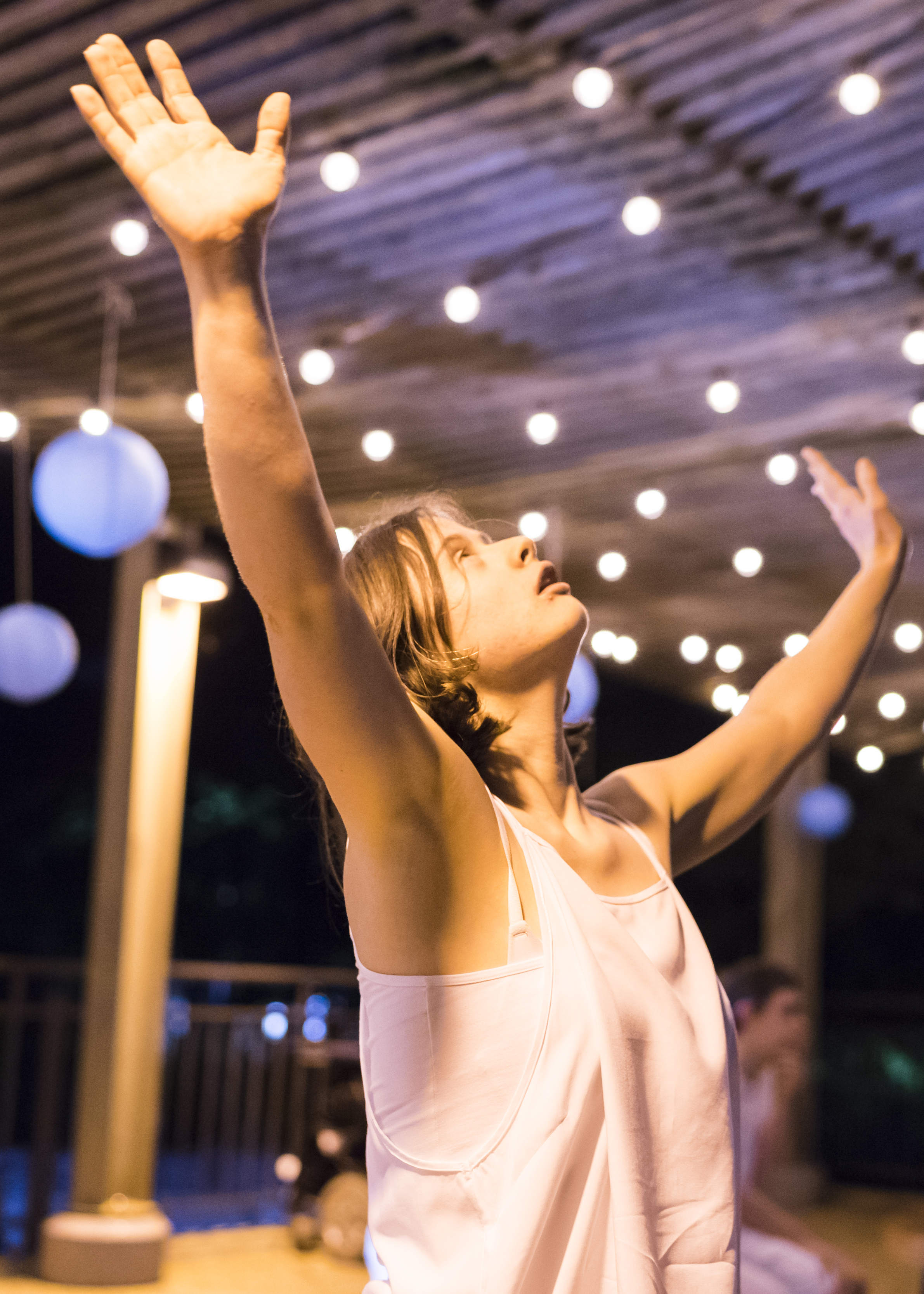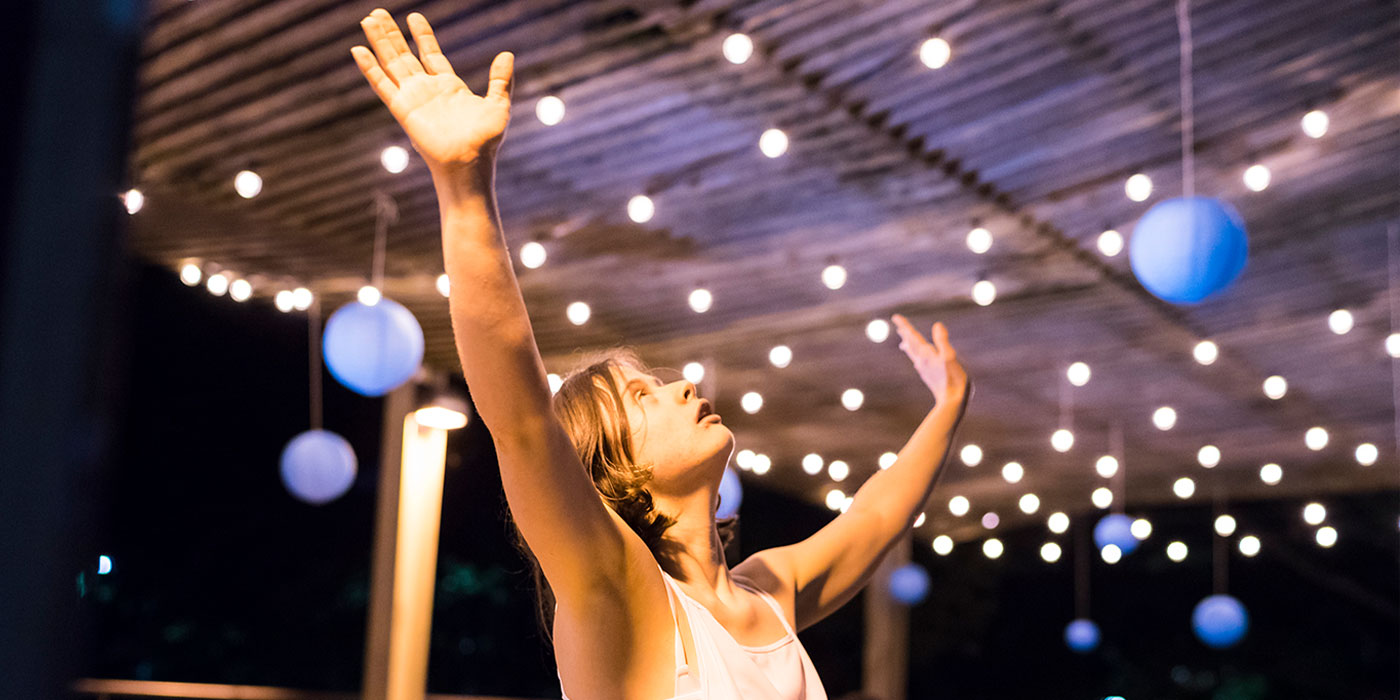A study by Australia’s Council for the Arts has revealed only 9% of professional Australian artists have some form of disability. On average, these artists earn 42% less than their counterparts without a disability.
To highlight the importance of representation in the arts and what’s being done to bridge this gap, Touchstone caught up with Access Arts Manager Tim Brown (TB) and Choice, Passion, Life – CPL Program Facilitator Martina Cross (MC) to discuss their experiences in the disability arts space.
How important is it to have representations of disability in the arts?
TB: It is extremely important to address equality for artists with disability in the arts. Their visibility and access are imperative to ensuring innovation and inclusivity in all art forms. At Access Arts, we support artists of varying abilities that work across many forms and are fortunate enough to have been integral in the making of great artworks and performances across Queensland.
MC: The arts are often seen as a mirror, reflecting society, our history and is a crucial part of our lives as humans. How can we accurately represent society without accurately representing all people? Having a more diverse representation of all people in the arts promotes communication, connection, and, therefore, understanding, growth, and a change for the better.
Is there a lack of disability representation in the arts?
TB: We still have much work to do in this area, and that work will be transformational to the arts landscape. It is so important to have high visibility and access for artists with disability in the media, performances and development opportunities across all artistic mediums.
MC: I believe there is a lack of a more diverse representation in the arts as a whole. But in saying that, the opportunity for disability in the arts is now more established than ever, with more actors cast in theatre productions, movies, TV shows and work from visual artists with disabilities is also featured more in galleries.
What impact does representation have on artists?
TB: Access Arts supports people to tell their own stories through art. Many artist’s stories help raise awareness for inclusive and accessible arts programs. My hope is our arts community representation will continue to grow as we provide a safe and supported environment for artists to try, fail and flourish.
MC: Like anyone would feel - Listened to, heard, understood and appreciated. No matter who you are, an individual can find their own self-expression, a sense of purpose, confidence, belonging, and social connection through the arts. That’s one reason why there must be more opportunity for disability in the arts.
What more can be done to increase the representation of artists?
TB: Support and advocate big! The Access Arts Achievement Award is a great example of just one of the many programs we run in the community to support quality and diversity in the arts. The program, which has been running for more than six years through CPL support, awards an artist with a disability $10,000 to bring an artwork to life. You can read about 2020 Access Arts Achievement Award Winners here.
MC: We need more people with disabilities to be supported and encouraged to become involved and not only contribute to the artwork itself but in the creation and management of the projects and/or art bodies. CPL is at the forefront of these endeavours and houses both Screech Arts and Access Arts, two leading program and establishments for accessible and inclusive arts.
Find the art program right for you!
Screech Arts: Screech Arts is an innovative and inclusive performing arts program for creative spirits of all ages and abilities. At Screech Arts, you’ll discover, evolve and unleash your creative spirit through drama, acting, dance, film, music, production, scriptwriting, set design and more! We offer unique and innovative workshops and performance groups that support you to build confidence, improve social skills and express yourself in a supported environment. Find out more.
Access Arts: Access Arts has been working to support people with disability or disadvantage for 38 years. We believe that everybody deserves quality access to arts activities and the opportunity to work towards a career in the arts. We are passionate about pioneering opportunities and assisting artists to develop their practice in all artforms at all levels. Our vision is that everyone is free to enjoy, participate, create and work in the arts. Find out more.

